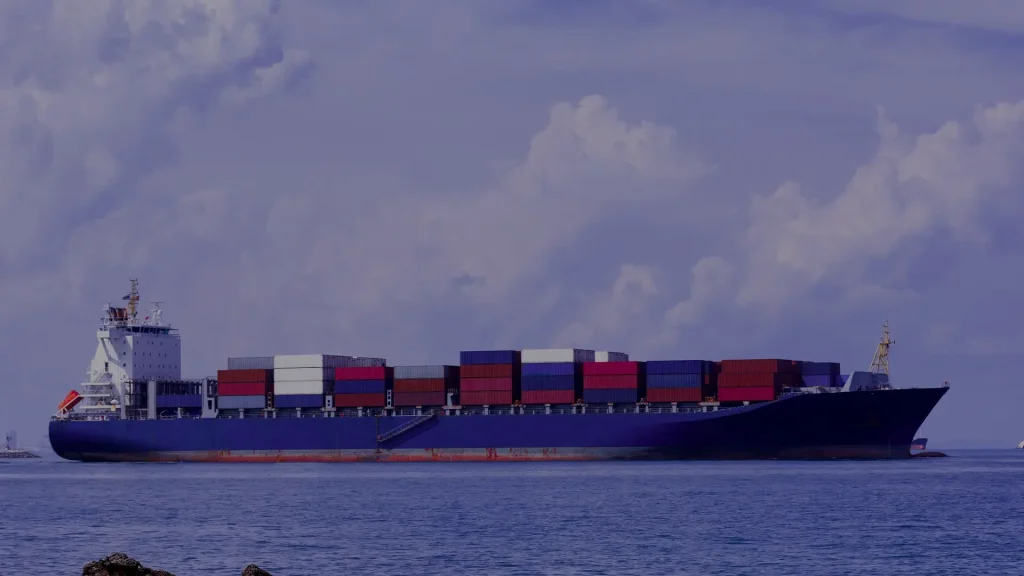Sea import is one of the most important methods of international transportation, where goods are moved to different countries and regions.
In this method, the goods are transported to the final destination using ships. This process includes various steps such as loading, transportation, unloading and customs
In the sea import process, the goods are first loaded at the ports of origin. Then the ships move to the destination and the cargo is unloaded at the destination ports.
These steps require accurate coordination between the various components of the supply chain.
including shipping companies and carrying out customs affairs, the shipper and the consignee, things that should be taken into account in sea imports, including the appropriate selection of containers based on the type and volume of goods, insurance arrangements to cover the possibility of damages during the sea route, customs affairs and Compilation of documents required for clearance of goods in the destination country
Finally, as one of the main methods of international transportation, sea import plays an important role in global trade and the supply of goods to various destinations.
In order to be successful in the sea import process, Barman Tarabar Company provides you with some key principles and factors that must be considered as follows:
1.Choosing the right way :
It is important to choose the right sea route according to the origin and destination of the goods, customs clearance time and geographical conditions
Improving loading and unloading efficiency:
Optimizing loading and unloading processes in ports reduces transit time and transportation costs
Appropriate transportation equipment:
It is very important to choose the type of containers and equipment needed based on the type of goods and their feature
Detailed customs information:
Mastering the regulations and customs laws of different countries makes the clearance of goods faster and without possible problems.
risk management:
Identifying and managing various risks, including damage of goods, delays caused by weather problems, etc., has a great importance.
Due to the complexities and challenges associated with sea imports, there is a need for international shipping experts with knowledge in various fields including customs laws, transportation equipment, supply chain management to carry out their responsibilities in order that the sea import process, proceed successfully.
Appropriate insurance arrangements:
Cargo insurance covers damage to goods and unforeseen factors during sea transportation
payments and transferring of money:
It is necessary to choose the appropriate transfer and payment methods to pay the transportation costs and other import-related charges
Review of industrial and health regulations:
Checking the health and industrial regulations of the destination country for certain goods, including food and drugs, is highly important
Demand management and forecasting:
Accurate demand and forecasting of needs and imported materials in target markets helps to optimize inventories and prevent the need for unnecessary accumulation.
For sea imports to Iran from China, Korea, Taiwan, the United Arab Emirates and other countries and advice on shipping routes according to the type and weight of the goods and related costs, please contact our experts at Barman Tarabar Company: 00989330230186

